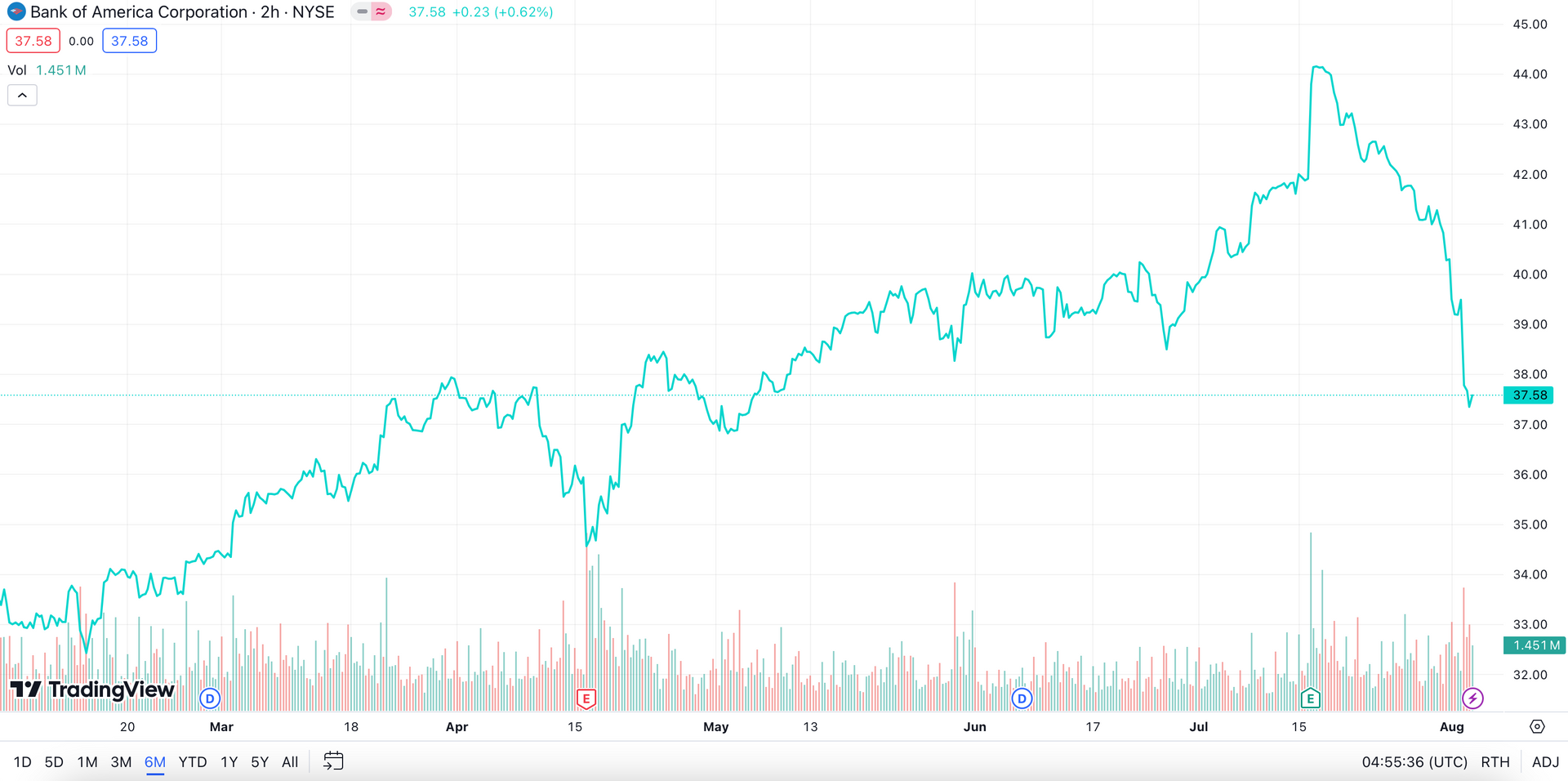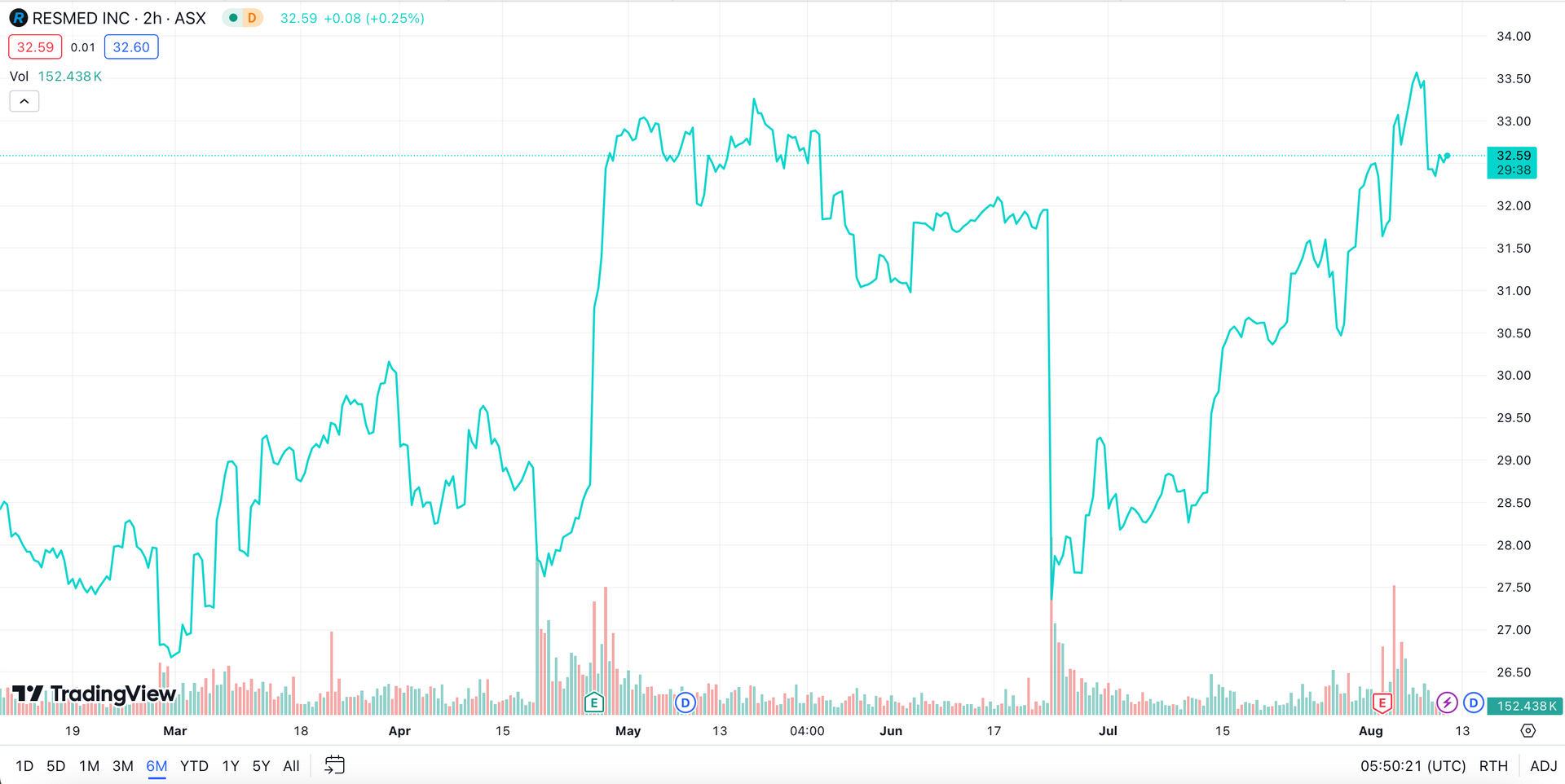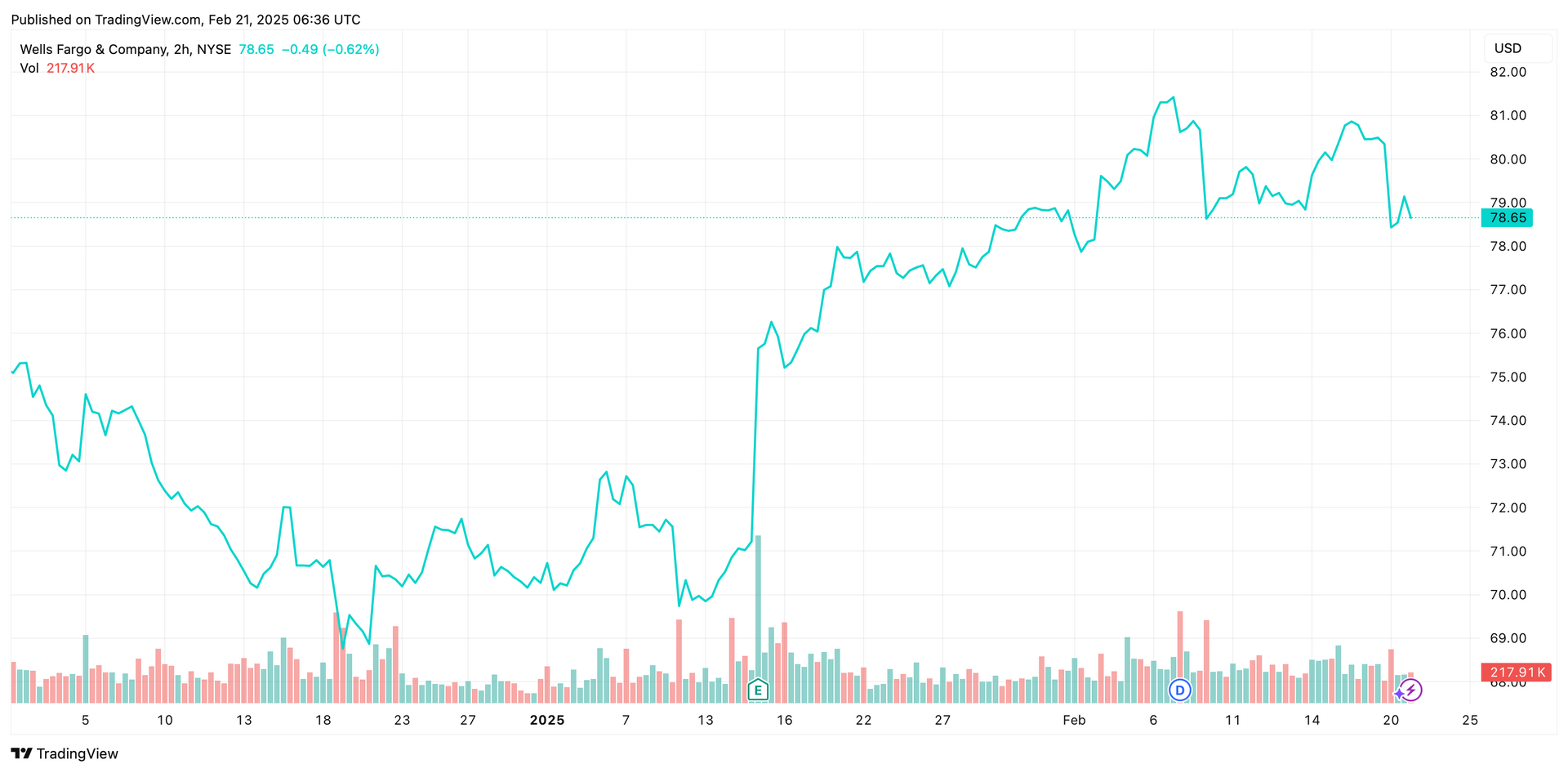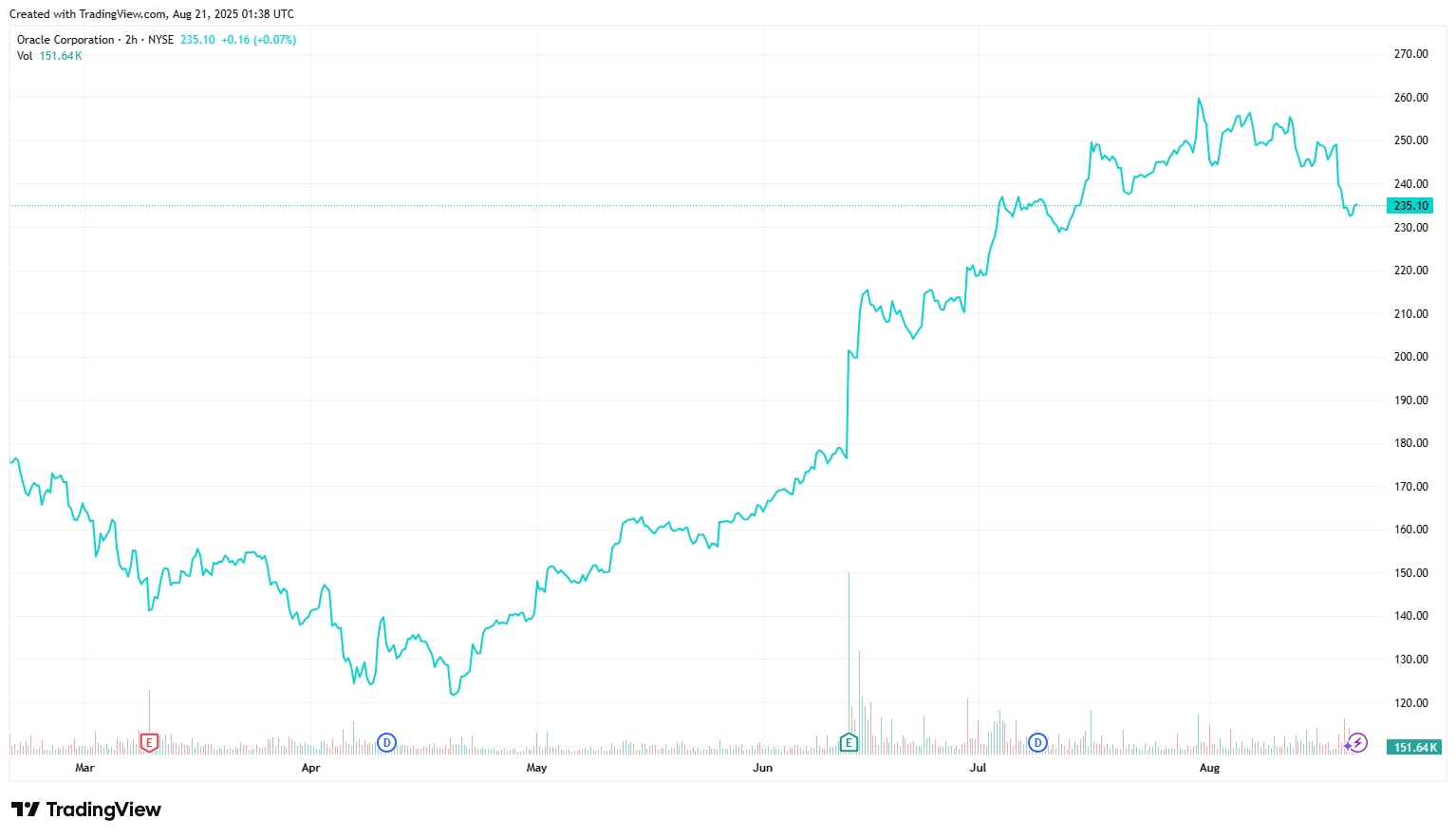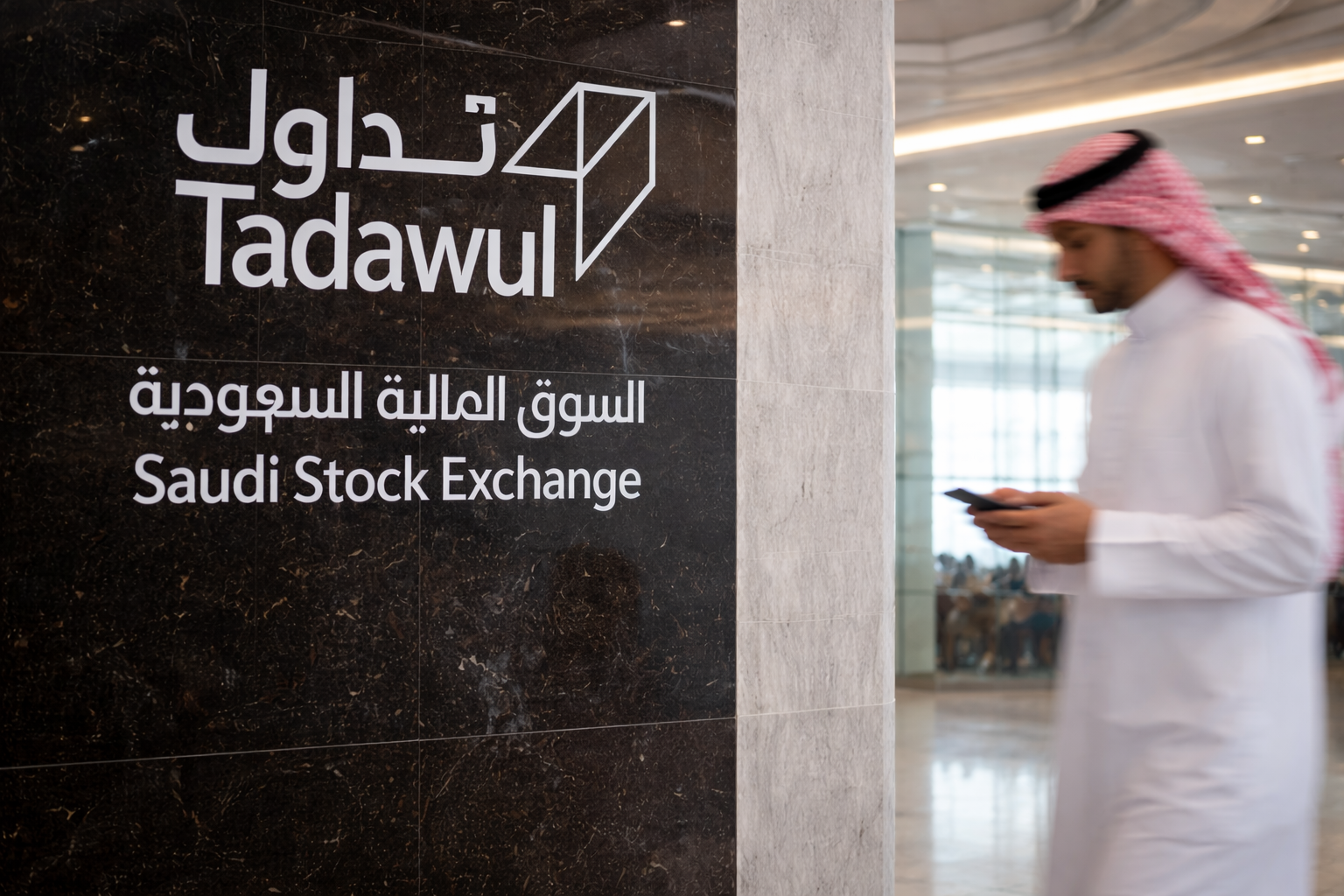Stock Spotlight: Macquarie Group Ltd (ASX:MQG)
Macquarie Group Limited (ASX: MQG) is one of Australia’s largest and most diverse financial services groups. Headquartered in Australia, Macquarie operates globally across 31 markets and offers a broad spectrum of banking, advisory, investment and funds management services. Operations span across asset management, investment banking, commodities markets, infrastructure investment, risk management and capital markets, making it a uniquely diversified player within the financial sector.
ASX: MQG is the 5th largest financial sector listing on the ASX by market capitalisation, and the 8th largest overall listing. Macquarie Group, like other financial sector stocks, has faced a challenging economic climate in recent times, but its strong track record, diversified operations and global reach make MQG shares well placed to grow over the longer term. MQG stock is often viewed as an attractive holding for long-term investors, dividend seekers and those tracking trends in the financial sector.
About Macquarie Group Ltd
Macquarie started with the founding of Hill Samuel Australia in 1969, whose vision was to deliver international-standard investment banking and advisory services to the local market. Over the decades, the entity has grown significantly, pioneering a number of financial products and services in Australia—including launching the country’s first cash management trust and developing a local foreign currency hedge market.
Through the 1980s and 1990s, Macquarie steadily expanded its service offerings, venturing into areas such as retail banking, stockbroking, infrastructure investment, and foreign exchange trading. In 1985 it was granted a banking licence, formally becoming Macquarie Bank Limited.
The early 2000s saw the business transform into a global player, with growing exposure to international infrastructure, energy markets, and asset management. Macquarie has a footprint in over 30 markets and manages total assets of almost AUD $450 billion. Its income is highly international, with 66% generated outside Australia—including 32% from the Americas, 24% from EMEA, and 10% from Asia.
The Macquarie Group now operates across a broad range of businesses, including global asset management, retail and business banking in Australia, commodities, capital markets and infrastructure. This includes direct investment and partnerships in infrastructure and energy projects.
By market capitalisation, MQG is the 5th largest ASX listing in the financial sector, and the 8th largest listing on the ASX as a whole.
What Makes MQG Stocks A Strong Investment Choice?
MQG stocks stand out as an attractive investment due to the group’s global business model, strong financial position and consistent performance across market cycles. One key strength of the Macquarie Group is its multiple layers of diversity, across:
- A broad range of operations;
- 31 international markets;
- Both annuity-style and market-facing income streams.
This breadth helps provide stability and resilience, especially during economic fluctuations, as well as access to growth opportunities outside of the Australian market.
Macquarie’s track record in navigating changing financial landscapes, alongside its conservative balance sheet and continued investment in technology and capability, supports long-term earnings growth.
With deep sectoral expertise, exposure to structurally growing markets, and a stable funding base, Macquarie is well-positioned to expand into new markets, making MQG shares of interest for investors seeking growth potential in the financial services sector.
Key Stats
Key Stats
Source: Yahoo Finance, ASX. Data as of 04/07/25.
Price Performance
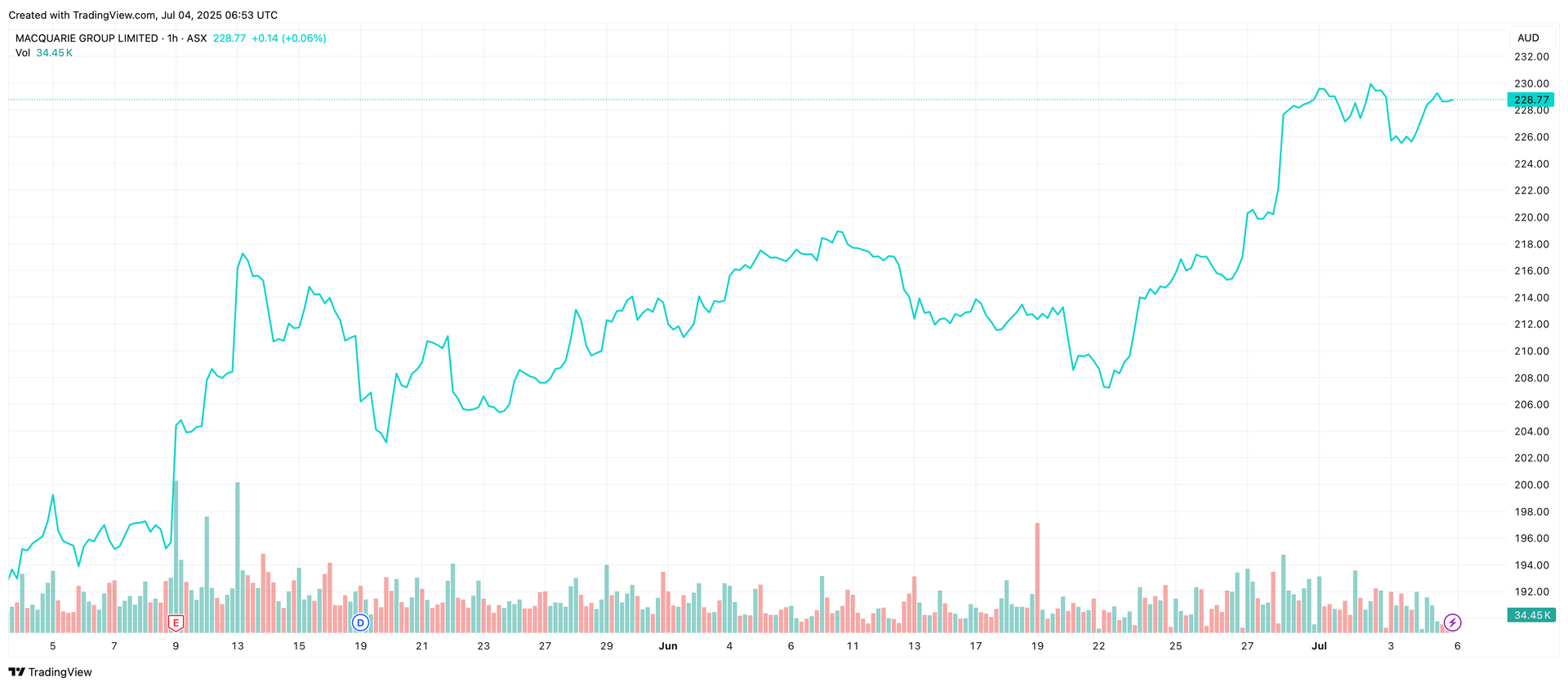
Growth Potential
Macquarie Group (MQG) faces pressures in the broader Australian banking sector, but remains well-positioned for longer term growth. The Group’s stable profit performance in the challenging recent environment—up 5% on the previous year—reflects the strength of its diversified business model and disciplined capital management.
Unlike traditional banks more exposed to domestic lending, Macquarie’s global reach and income diversity help insulate it from local economic slowdowns, while also providing greater exposure to growth opportunities such as infrastructure investment, energy transition, and digital financial services.
Looking ahead, Macquarie is strategically investing in sectors expected to drive future demand, such as renewables, digitisation and international asset management.
Upcoming Innovations From Macquarie Group Ltd.
The Macquarie Group’s Banking and Financial Services is investing heavily to deliver streamlined and secure digital experiences. An early adopter of cloud infrastructure, Macquarie is now utilising AI powered machine learning, behavioural analytics, and features like real-time payment blocking, to personalise offerings and improve fraud prevention.
Beyond its digital platforms, Macquarie is also actively investing in the physical infrastructure that underpins the global digital economy. In 2025, the Group invested in major digital infrastructure projects, including data centres in the Americas and Korea, fibre optic networks in Spain, and communications towers in the Philippines. These direct investments differentiate Macquarie from traditional peers and reinforces its reputation as a forward-thinking institution.
MQG Shares Returns & Investor Sentiment
The MQG ASX share price has delivered a 1-year return to June 2025 of 11.34%, broadly in line with the ASX 200. While its annual dividend—currently at $3.90 per share—is lower than that of Australia’s ‘Big Four’ banks (typically in the $7–$8 range), investors value MQG shares for the group’s diversified growth profile and global exposure rather than purely yield.
Recently, Macquarie extended its share buy-back program to October 2025, a strategic decision aimed at managing its capital structure, potentially enhancing shareholder value and maintaining a strong market position.
Currently, the Macquarie Group Limited share price is supported by stable earnings, a robust balance sheet and forward-looking investment strategy. As broader market volatility softens, interest rates ease, and modest economic growth returns, high-quality stocks like MQG are well positioned to benefit.
As such, ASX: MQG is likely to remain a solid choice for long-term investors seeking a balance of capital growth and income stability.
Investment Tips For Buying Macquarie Group Ltd (ASX:MQG)
When assessing MQG on the ASX as an investment, it’s important to take a broader view than traditional bank metrics alone. Given its diverse global operations and varied income mix, investors should consider performance indicators like return on equity (ROE), net operating income trends, assets under management (AUM) and global market conditions. In addition, valuation metrics such as the price-to-earnings (P/E) ratio, earnings per share (EPS), and return on invested capital (ROIC) can offer deeper insight into the company’s profitability and capital efficiency.
Macquarie operates in both cyclical and stable sectors. Watching for periods of broader market weakness—particularly in global financial or infrastructure sectors—may offer opportunities to buy when the Macquarie share price is at a discount. For long-term investors, MQG’s favourable future outlook supports a case for dividend reinvestment, which can compound returns over time.
To monitor MQG’s performance, investors can gain insights from ASX-tracking websites, company announcements, financial news outlets and brokerage research. Given Macquarie’s broad and complex business model, staying informed through quarterly updates and annual reports is especially valuable for understanding its strategic direction and global outlook.
Key Risks
- Over 65% of MQG’s income comes from outside Australia, making it vulnerable to global economic shocks and currency movements.
- MQG’s market-facing businesses, like commodities and investment banking, are sensitive to economic cycles and investor sentiment.
- Macquarie faces strong competition in asset management, infrastructure, and financial services.
- Expanding into new markets and investing in capital-heavy ventures carries the risk of underperformance.
- Economic growth may be slow or volatile in the near future, potentially reducing demand for Macquarie’s services and limiting earnings growth.
- Rising global funding costs or tighter credit markets could hurt margins.
- Macquarie has faced recent regulatory scrutiny and penalties from Australian Securities and Investments Commission (ASIC), over compliance failures in areas such as third-party transactions, market oversight, and trade reporting. Additional financial penalties may yet result from recent legal action in May 2025.
Frequently Asked Questions.
How does Macquarie Group's exposure to global markets impact its revenue & stock performance?
Macquarie’s strong international presence helps diversify its revenue streams and reduce reliance on domestic markets, but it also makes the Macquarie Group Ltd share price more sensitive to global economic and market fluctuations.
How does Macquarie Group’s risk management strategy compare to other financial institutions in Australia?
Macquarie Group’s risk management framework is designed to be conservative and disciplined, to ensure resilience through various market cycles. It utilises a group-wide 'three lines of defence' risk management model to ensure oversight across its diverse business areas. However, it should be noted that Macquarie has faced several regulatory actions from ASIC in recent years, due to compliance failures across its operations.
In what ways has Macquarie leveraged technology to improve its asset management & financial services?
Macquarie uses cloud-based platforms, AI driven machine learning and digital infrastructure to optimise customer experiences, manage assets more efficiently, and enhance fraud protection.
What is the outlook for Macquarie’s renewable energy investments & how might these shape its future growth?
Macquarie has invested heavily in renewable energy - including in Aula Energy in Australia and New Zealand, and in D. E. Shaw Renewable Investments in the U.S. It has also invested in large-scale digital infrastructure projects - including data centres, fibre optic networks and communications towers. These investments all support Macquarie's alignment with global energy transition trends.
How does Macquarie’s focus on high-growth sectors like technology & real estate impact its overall portfolio?
Investing in high-growth sectors allows Macquarie to capture higher risk-adjusted returns, but it also introduces greater exposure to market cycles and sector-specific volatility. This requires careful portfolio balancing and risk management from Macquarie.
Subscribe to our newsletter
Disclaimer: This article does not constitute financial advice nor a recommendation to invest in the securities listed. The information presented is intended to be of a factual nature only. Past performance is not a reliable indicator of future performance. As always, do your own research and consider seeking financial, legal and taxation advice before investing.
